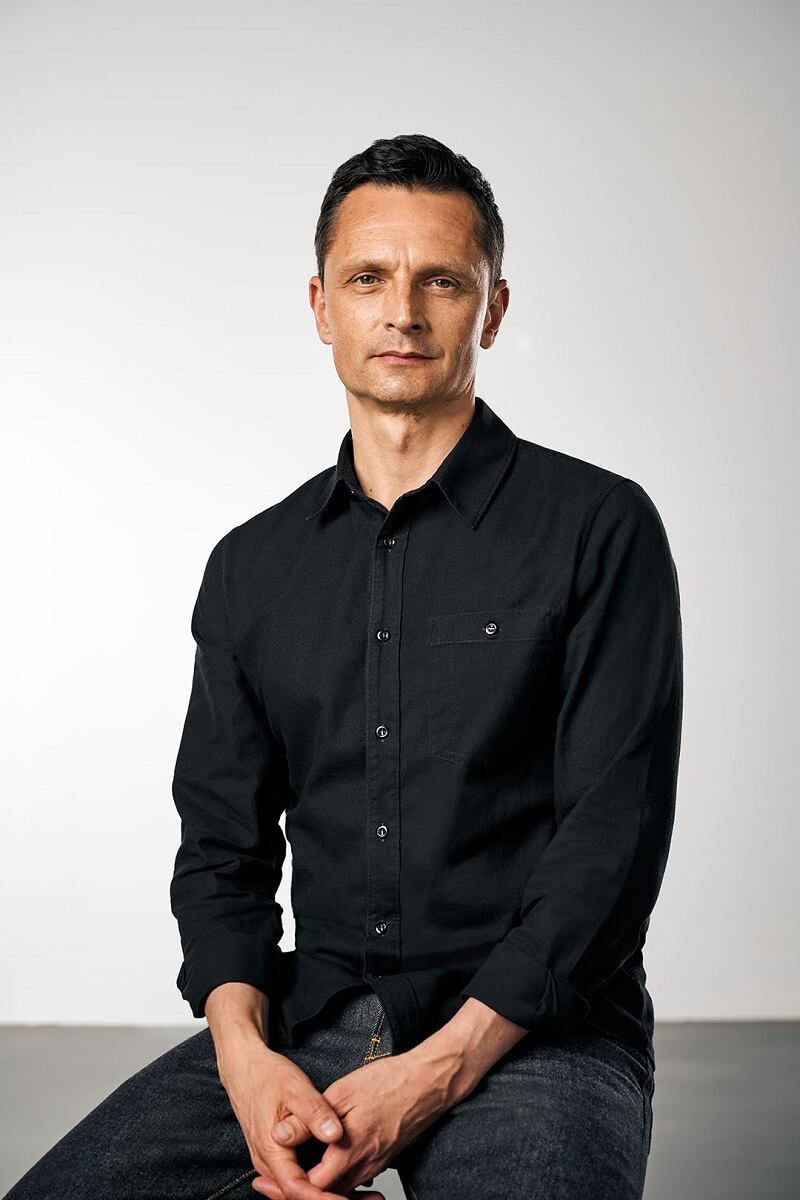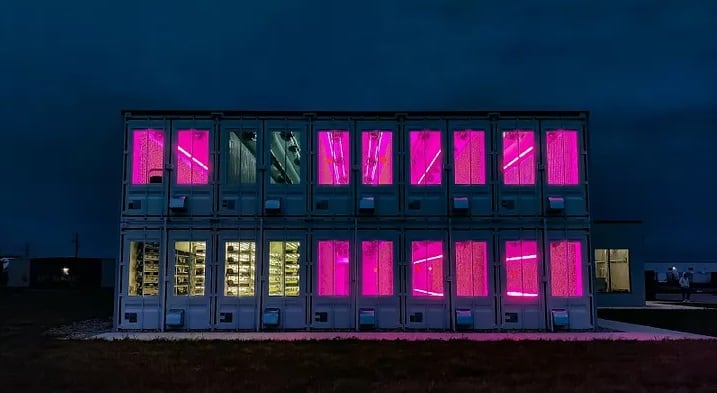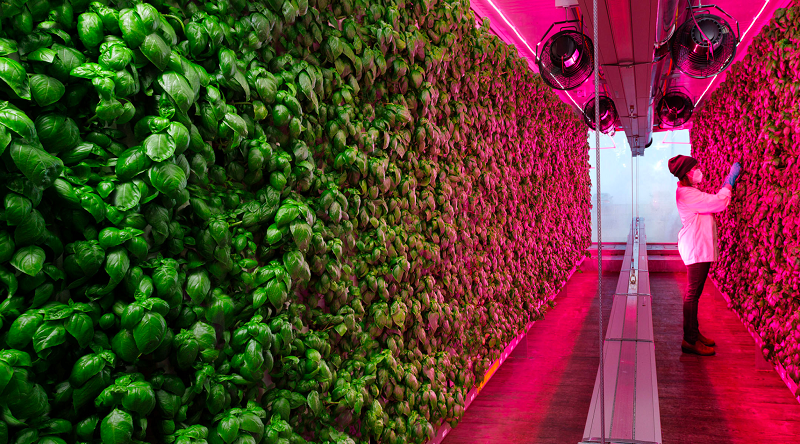These “golden recipes” encompass a detailed descriptions of multiple factors including genetics, nutrients, light, humidity, temperature, handling processes, and target outputs.
These are gleaned from the insights of Japan’s local traditional farmers and used to grow crops in controlled environment agriculture (CEA) systems.
“The idea is to be able to faithfully replicate the same high-quality crops in the indoor farms - but also be able to ‘boost’ them with some advantages of CEA, including faster grow cycles, increased annual yields, year-round availability, consistently ‘perfect’ conditions, and immunity from the effects of outside weather and pests,” explained Tobias Peggs, CEO of Square Roots, a US-based indoor vertical farming company.
Speaking to AgTechNavigator, Peggs emphasised that the farmers will earn royalties from their contributions.
“With this model, the original farmer will receive a royalty for their recipe, based on usage. So, the bridge is a two-way street, meaning we will always have roots and relationships with the traditional farmers.”
Preserving knowledge, honouring tradition
This initiative comes at a crucial time for Japan’s agriculture sector which faces the threat of losing its traditional farming knowledge.
Pegg witnessed this firsthand during a trip to Hokkaido, Japan.
“On that field trip, we learned that the know-how of Hokkaido’s local farmers is often passed down through generations but is now at risk of being lost under the dual pressures of climate change and Japan’s demographic crisis,” he said.
Hokkaido, Japan’s northernmost island, is renowned for producing premium fruits, vegetables, and dairy products.
“The island is dotted with thousands of small-scale farmers, typically operating on a five- to seven-acre farm, often focusing on one or two specialty crops, and they are master craftspeople who take enormous pride in growing some of the most delicious fruits and veggies in the world,” said Peggs.

He added: “Meanwhile, any technology found on the farms tends to be functional rather than futuristic — polytunnels and some small greenhouses — certainly not robust enough to counter the future effects of climate change or how that is already impacting the quality and yield of the crops.”
Losing the knowledge and wisdom that has been honed over generations to produce some of Japan’s finest crops would be a profound loss felt beyond agriculture and food.
To ensure this does not happen, Square Roots partnered with Tokyo-based investor group Green Prosperity to establish Square Roots Japan.
“We developed a model for translating the wisdom of these farmers into ‘golden recipes’ for high-tech indoor farms. The aim was to ensure ongoing year-round production of Japan’s specialty crops whatever the weather, while also providing royalties to the original farmers in exchange for their invaluable knowledge, honouring their legacy for years to come.
“They have licensed the indoor farming platform developed and deployed by Square Roots in the United States and will build a network of farms on the platform to produce high-quality, specialty crops for local consumers, all year round, in partnership with those traditional farmers. Work has already started on the first farm, and the US team is staying close to help with the launch,” said Peggs.
The firm appointed Yasaki Mai as CEO of Square Roots Japan.
“Our long-term vision is for a wide range of specialty crops to be grown across a network of indoor farms, available year-round, resilient to the impacts of climate change, and honouring the farmers’ legacy for generations to come,” she said.
Meeting the needs of local consumers
For a start, Square Roots Japan will focus on growing microgreens, leafy greens, as well as small fruiting crops.
“We’ll certainly be taking inspiration from a large network of local farmers, also meeting the needs of the local consumer. As we’ve spent time in the country doing market research, it becomes very clear that there is a great appreciation for high-quality herbs and leafy greens. And obviously that’s a sweet spot for indoor farms that we can get started with straight away,” said Peggs.
The company has already started with crops such as mizuna, also known as Japanese mustard greens; and shiso, or Japanese perilla.
Later this year, the firm plans to visit Kochi Prefecture to explore the region’s cuisine and vegetables and gather insights to translate into new “golden recipes”.
Peggs said the firm was “being realistic about what works economically”.
“I would love to start growing Okinawa sweet potatoes, which when roasted are perhaps the most delicious thing I’ve ever eaten! But Square Roots Japan will likely be focused more on the micros and leafys with some small fruiting crops to start.”



